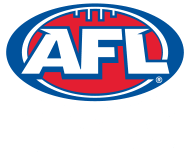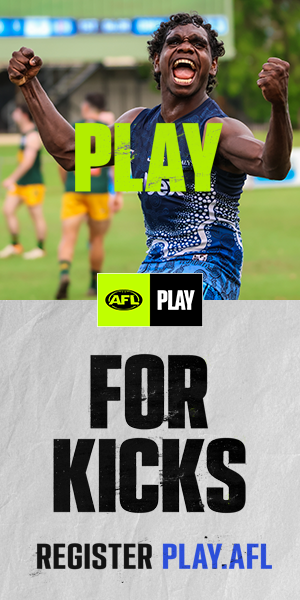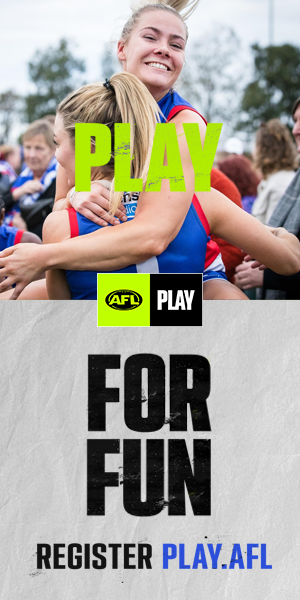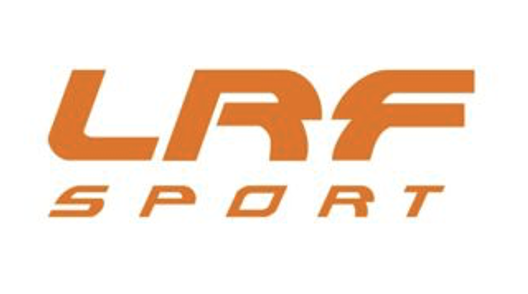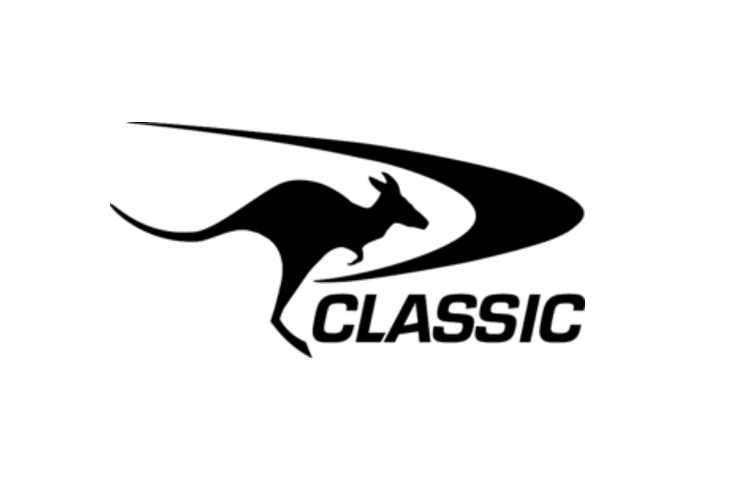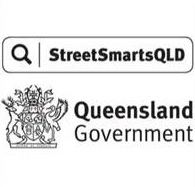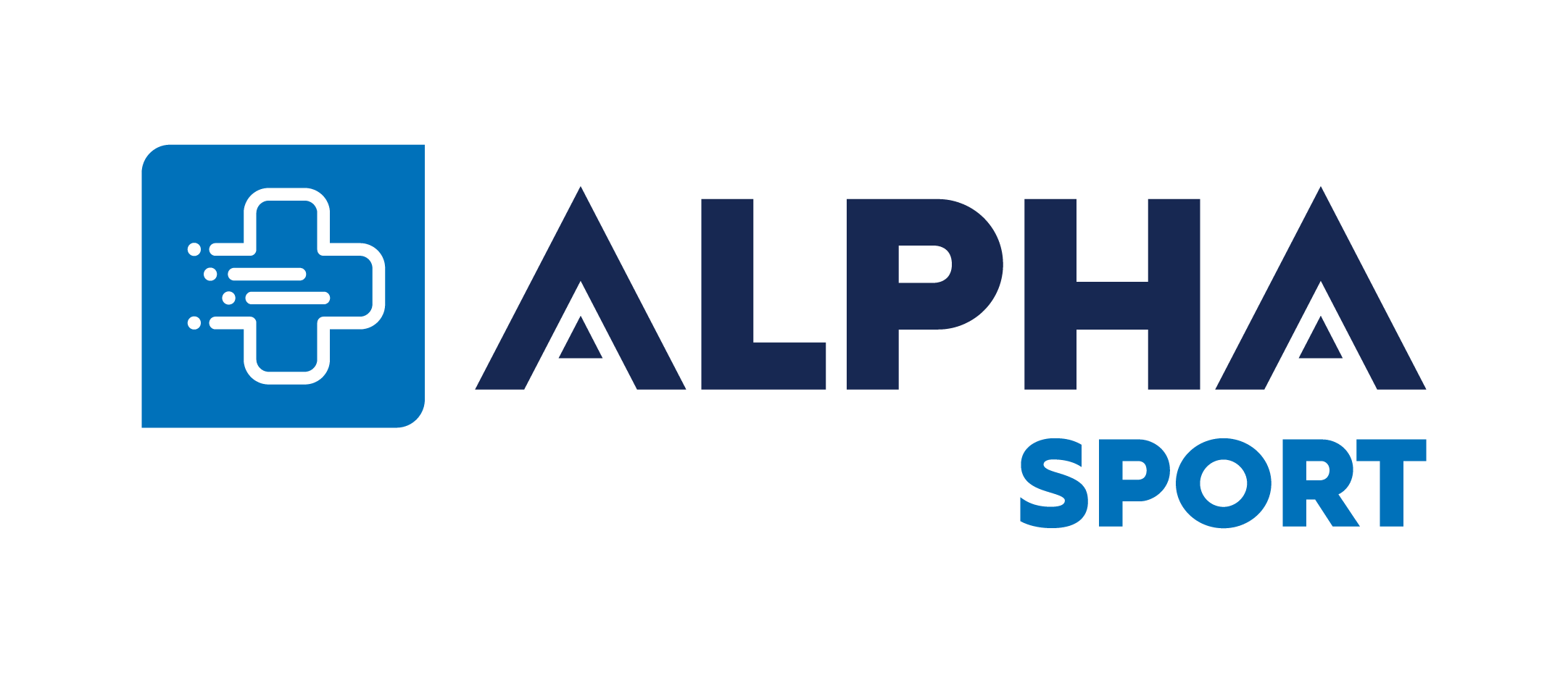Fiona McLarty was a high-jumper of national standard and a state level basketballer. She studied exercise science in the hope of working in development with either of her sporting loves. Yet, with no connection whatsoever to Australian football at the time, she now sits comfortably in the AFL Queensland history books as one of the great pioneers of women’s football not just in Queensland but Australia-wide.
She was the first full-time female development officer in the country when she joined the AFL Queensland team in 2001. That was only the beginning. Twenty-three years later, now Fiona Sessarago, she is a woman who has made an indelible mark in the traditional world of men’s football and became a pioneer in women’s football.
It all started when, having graduated from John Paul College in Brisbane, she was in the final year of her degree at Griffith University on the Gold Coast. She spotted an advertisement for development roles at AFL Queensland. They were offering part-time and full-time jobs, and after an anxious interview with Richard Griffiths, Dean Warren and Murray Bird, she went home and told her parents “I really want to work in football – even if it’s part-time”. Suddenly it wasn’t athletics or basketball it was Australian football full-time based at Southport.
A part-time trainer in 1999-2000 at Surfers Paradise under coach Wayne Petterd, father of Melbourne and Richmond AFL player Ricky Petterd, she started her development role in January 2001 in a tiny office under the Southport Football Club, working alongside ex-Bears player, development ace and treasured mentor Troy Clarke.
It wasn’t flash. There were no computers, and if they wanted to type anything they’d take it home. If they wanted to print anything they’d save it to a disc and ‘Clarkey’ would take it home. They sent a lot of hand-written faxes to schools and were graciously allowed to use the Southport photocopier before moving to an upgraded facility in Bailey Cresent at Southport.
After she’d started in football, Fiona’s mother told her of the football connection of her maternal grandfather, who had died before she was born. He was heavily involved as a coach and team manager with the Queensland Army side and other representative teams. His name? Patrick Murtagh. He was grandfather to the 2020-21-22 SUNS rookie of the same name, who is Fiona’s cousin. After being delisted by the SUNS in October 2022, he turned his attention to the NFL and was signed by the Detroit Lions as a would-be tight end via the International Player Pathway before injury prior to training camp put his dreams on hold.
If she was going to work in football, Fiona decided she needed to play football. Despite her boss’ forecast that she’d play one game and not a second, she did that and more. Joining the Burleigh Bombers, she played in the ruck and loved it. After two games with the Bombers, she suggested to Surfers they start women’s team, and they did.
Initially it was mainly partners, sisters and children of AFL-friendly males, and an occasional university student, but soon she had netballers and basketballers on board. She played 2001-05 at Surfers and was a member of the Queensland side that went to the Australian carnival in Darwin in 2003 with a 15-year-old Aasta O’Connor, a fellow AFLQ Hall of Fame inductee. “It was fantastic in so many ways, but most important was that all the clubs came together as one. We were on a journey together and everything grew from there,” she said.
After four years as a Gold Coast development officer, she moved to AFL Queensland headquarters at Coorparoo as Participation Program Officer. She worked with AFL Queensland Talent Manager Mark Browning to set up the Brisbane Lions Academy in 2007, with Brad Reid running Auskick and school football, and travelled statewide to deliver coaching courses before a promotion to State Auskick Manager in 2007.
Having hung up the boots at the end of 2005, she coached in the youth girls program from 2007-09. She took the South-East Queensland Flames to Cairns to play against North Queensland, Cape York and PNG, and later coached the Gold Coast Sunsets when they entered the State Championships in 2013. Proudly, she saw the ‘arrival’ of Katie Brennan, Jade Pregelj, Emily Bates, Jordan Membrey, Ariana Clarke, Tori Groves-Little, Taylor Smith and Kalinda Howarth, among other future stars.
There was a special moment at the Sunsets’ first trial when a mother told Fiona how she’d been unable to teach her young daughter to tie her shoelaces “until the Auskick lady taught her”. It was Ruby Blair, who was on the Brisbane list in 2018-19.
Her next step up the football ladder was AFL Queensland Participation and Fan Development Manager in 2010, working with the Lions and the Gold Coast SUNS while overseeing the Auskick, schools and AFL 9’s programs from League headquarters. She wasn’t long in her new role at Yeronga when the floods hit, going right through the bottom level. For several weeks, the only power was from a generator operating 9am-4pm, and when it was finally time to clean up there was a problem. What had happened to the halftime Auskick uniforms? Not to worry, just before it was too late Fiona had snuck down and moved them to dry ground on level one.
In 2012, she won the prime job as AFL National Auskick Manager. The former high jumper and basketballer with no football connection found herself at AFL House. It was a four-year role but after 12 months in Melbourne she returned to the coast and worked out of the new SUNS headquarters.
Later she became Gold Coast Regional Manager, operating under the AFL Queensland umbrella from 2016-18 while playing a key role in the SUNS’ bid for an AFL Queensland licence at the end of 2018. She was an obvious and ideal choice as the first employee in the SUNS’ AFLW program – Head of Women’s Football.
It was an exciting time. Everything was new as they made their home in the magnificent new facilities, built an off-field staff under inaugural coach David Lake, and assembled a playing list. The first player signing was Jamie Stanton, a former Junior Matildas soccer star who had played with the Lions from 2017-18 and North Melbourne in 2019. When the Coolangatta-Tweed Heads junior put pen to paper, others followed.
Their first game against GWS in Sydney – a one-point loss – was special, and a first season draw with Brisbane was close, but their first win by 11 points over Richmond at Carrara was unforgettable. It was 15 February 2020, with Stanton crucial in the closing stages. It was so special; Fiona kept the goal umpire’s scorecards.
But the next chapter in her football journey came from left field. COVID hit, and like so many, she was initially stood down before a call-up to join the AFL COVID management team. With most AFL teams on the Gold Coast, split between Royal Pines, Palm Meadows and later Sanctuary Cove, there was a mountain of work to do with logistics and protocols. She even found herself going back to an old role as AFL Match Manager at Carrara, and did likewise at the Gabba.
In 2021 she married long-time partner Craig Sessarago. “It’s a cross code relationship– he’s a rugby league man and coached at the Burleigh Bears,” she said. Fiona was delighted when her 21-year-old stepdaughter Laney, a long-time soccer player, took up AFL at Burleigh. How the wheel had turned!
